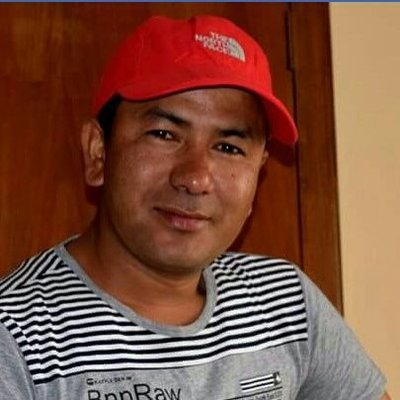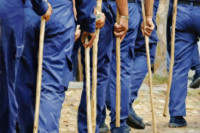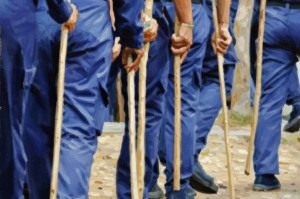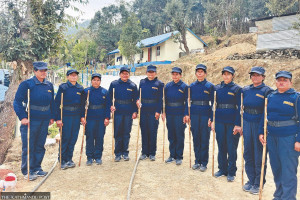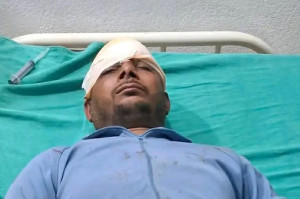Sudurpaschim Province
Superstition is killing people in Bajhang district
Many people die in the remote district due to superstitious belief and delayed medical response, say health workers.Basant Pratap Singh
Back in September, a school teacher from Golai in Jayaprithvi Municipality Ward No. 4, Bajhang, was admitted to the district hospital after he complained of severe fever and headache, says Dr Sandip Okheda, chief at the district hospital.
The 40-year-old man was diagnosed with meningitis during his health check-up, and the hospital immediately referred him to Nepalgunj or Kathmandu for treatment. However, the patient’s relatives took him to local shamans. “We thought that the patient had been taken to Kathmandu or Nepalgunj. But four days later, he was brought back to the district hospital,” said Okheda.
“His situation had worsened. After much convincing, his family took him to a well-facilitated hospital in Kathmandu but sadly it was too late as we later found out. He died in the course of treatment there. He died not because of disease but because of superstition,” Okheda asserted.
In another instance, a young man from Jayaprithvi Ward No. 10 was brought to the hospital recently to be treated for a mental disorder. But while his treatment was underway at the emergency unit, one of his relatives brought a dhami, a shaman. “The family believed more in the dhami than in the hospital, so we let the dhami perform his rituals inside the hospital premises. But it didn’t work, and then we continued with our treatment. We cured him and discharged him after a few days,” Okheda said, recalling the incident.
These incidents occurred in Chainpur, the district headquarters, where people are comparatively educated. The occurrence of these incidents in a semi-urban area only highlights the imposition of superstitious beliefs in rural Sudurpaschim, said Okehda. According to the health workers, many people lose their lives in the district due to superstitious belief and delayed medical response.
“Most people take patients to dhamis and jhakris first. The patients are brought to the health facilities only after their health turns critical. Some patients are beyond our help when they are brought in,” said Dinesh Khadka, who has been running a private clinic in Chainpur for the past 12 years. He said some of the patients were brought to the clinic with severe injuries, mainly burns, incurred by the dhamis and jhankris in the name of treatment.
Okheda points out two reasons behind the deeply rooted problem in Sudurpaschim. “Many people still do not have access to quality health service, especially in rural areas, so those in the remote areas are compelled to go to the shamans. But we also have those who have access to health care but prefer faith healers. It’s all because of superstition,” he said.
To eradicate the practice of using faith healers to cure medical illnesses, he underscored the need for launching mass awareness by the health officials, people’s representatives, media, civil society among others.




 17.9°C Kathmandu
17.9°C Kathmandu